Former Drug Cartel Members Share Why The Drug War Will Continue To Fail And What Is Needed Instead
The strategy that the Mexican government has employed during the past 13 years, since then incumbent president Felipe Calderon Hinojosa basically declared national war against the global trafficking organizations operating out of Mexico, has been nothing short of catastrophic. More than 200,000 people have died and at least 60,000 have disappeared. Whole communities have fled their lands, other crimes such as sex trafficking and illegal organ harvesting, as well as kidnapping and financial fraud, have increased and morale is low in many regions of the country.
We often get the government’s perspective in the media. Reports also focus on the effect that cartel violence has had in the individual and collective wellbeing of victims. However, save a few notable examples such as Everardo Gonzalez’ poignant documentary “La libertad del diablo”, the view of current or former sicarios is rarely shared. The Spanish newspaper El Pais has just published the doctoral findings of Karina Garcia Reyes, a woman from Northern Mexico whose city has lived dantesque levels of violence and who did a postgraduate degree overseas to find out what was the rationale behind cartel members’ actions and lifestyle. She is currently a Professor in Bristol, United Kingdom.
Garcia Reyes interviewed 33 former cartel members and wrote their biographies.

Garcia Reyes interviewed former cartel members in both sides of the border. Some belonges to the biggest criminal organizations such as the Sinaloa Cartel, the Zetas Cartel or the Gulf Cartel, although the majority used to belong to independent cartels. This speaks of the probable fear that former cartel members might experience and their reluctance to speak out.
This is the first academic study that includes interviews with real narcos, in which they talked about their early years.
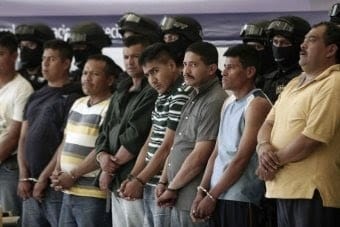
The study is extremely relevant and innovative, as Garcia Reyes did not make suppositions on what these men think or feel: she actually got them talking about drugs, alcohol, street violence and their entry into the criminal underworld. Chief among the findings is how narcos perceive themselves: there is a lack of self esteem that can lead to a life of violence and illicit livelihood.
The study revealed that narcos do not see themselves as “victims” and that the “no other option” narrative is misleading.
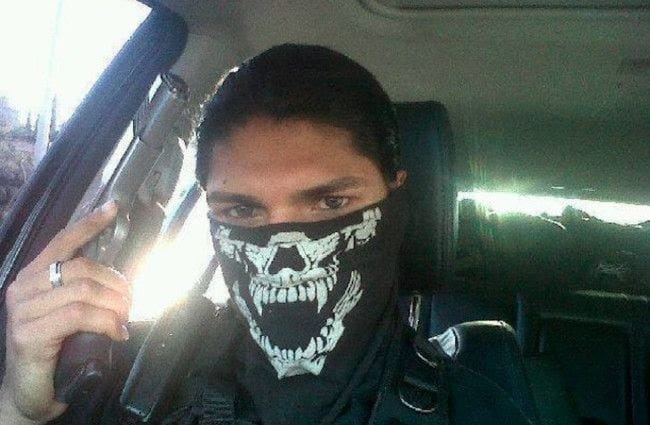
One of the prevalent reasons given to the rise of cartel violence is the lack of opportunities and socioeconomic vulnerability. Media narratives indicate that young men are lured into the narco world because that is their only chance to make a living. The subjects interviewed by Garcia Reyes claim that, contrary to popular belief, they are not victims and they were making ends meet in the informal economy. They just wanted “more”. They wanted tu pursue a lifestyle that an everyday job would not give them.
They feel they are “disposable” and that their life has little value, and that death is “a relief” sometimes.
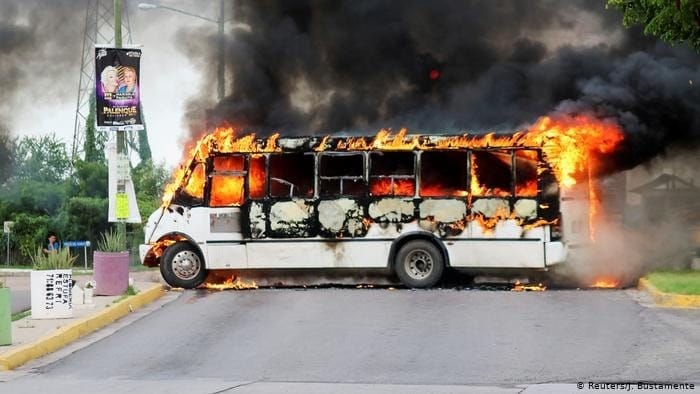
According to the researcher, former cartel members don’t see themselves as monsters and reject the media depiction of them as bloodthirsty bad hombres. Instead, they see themselves as free agents whose life is dispensable.Sometimes, they said, death is a relief.
Poverty is a constant trigger for cartel activity and a “survival of the fittest” mentality.
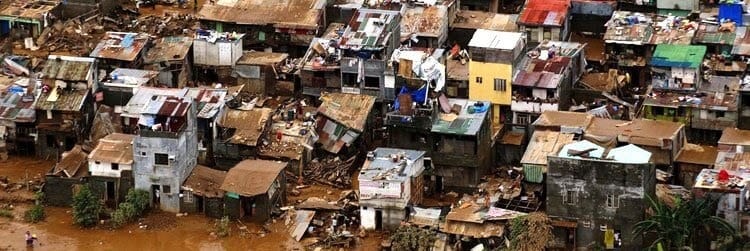
Through her 33 respondents, the researcher found that there is an Us vs. Them mentality among former cartel members when it comes to social class. As one of the participants argued: “I knew that I would live and die in poverty and I asked God ‘Why does it have to be me?’’. Poverty is seen as something that cannot be avoided and that determines your fate for life. A respondent called Rigoleto said: “I knew I was all alone, if I wanted something I would need to get it myself”.
Gangs are seen as the only way to survive the streets and that is why the government is losing the war.
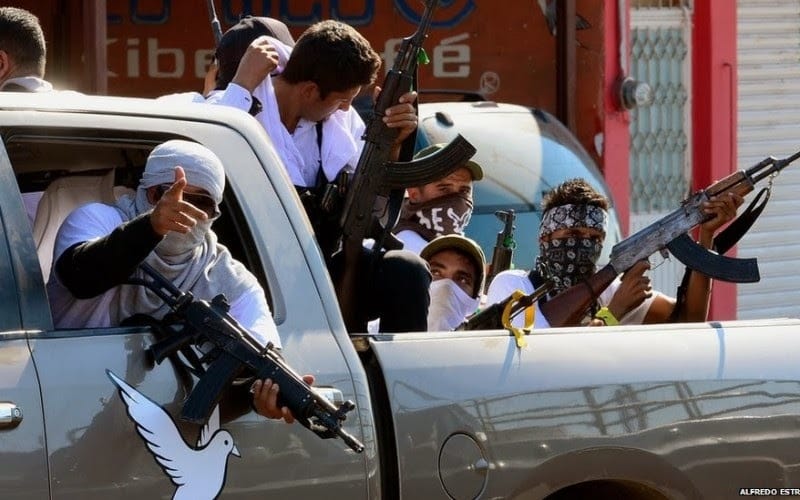
According to the men interviewed, there is a sense of inevitability when it comes to being a male in poverty-stricken Mexico. You will become an addict and you will be a victim of street violence. That is unless you become a gang member yourself. Gangs are seen as the only way to survive in a “kill or be killed” type of environment.
Former cartel members believe they will die tragically so they want to live each day as if it was the last.
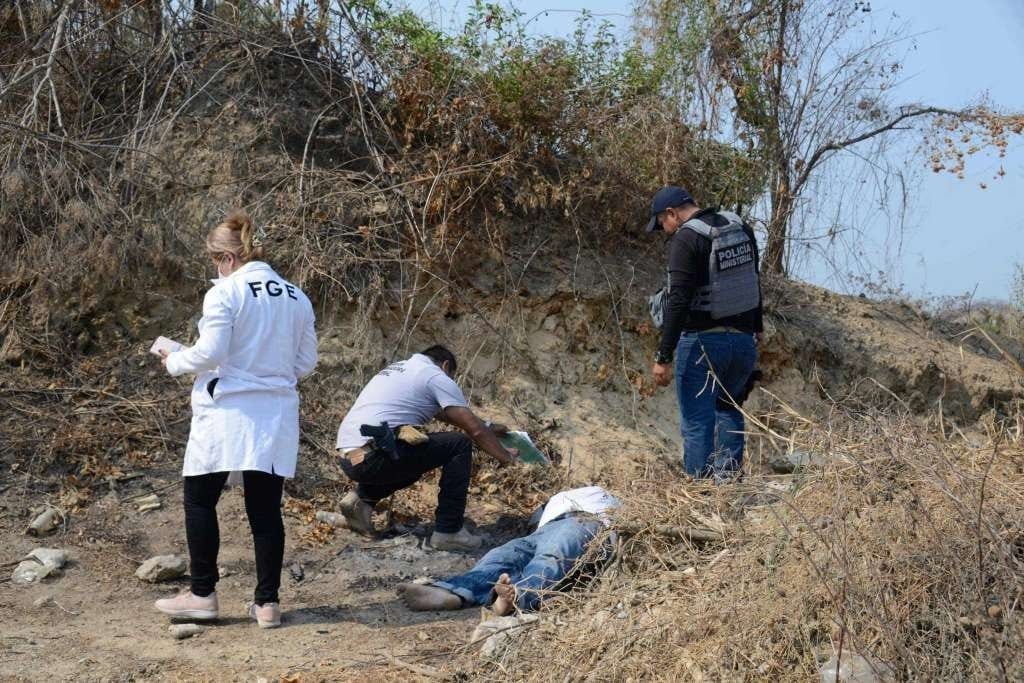
An overdose or a bullet, plain and simple. That is how former cartel members thought their lives would end and there was no other alternative. Because they have this pessimistic view of life, many cartel members want to live a life of excess and luxury.




